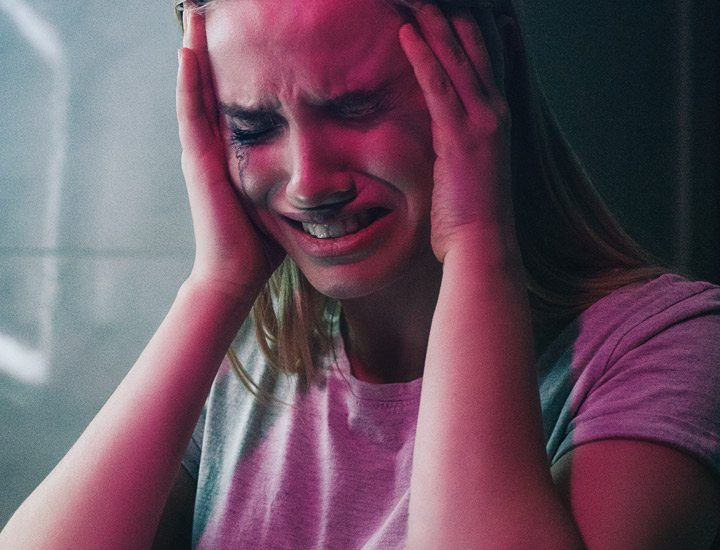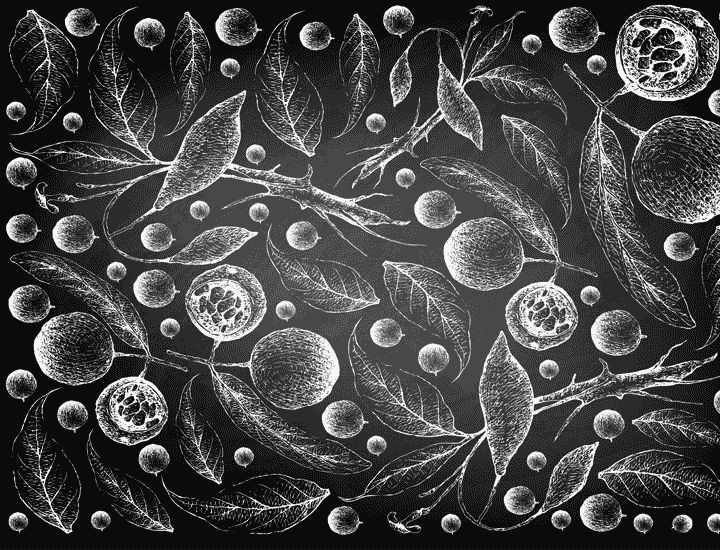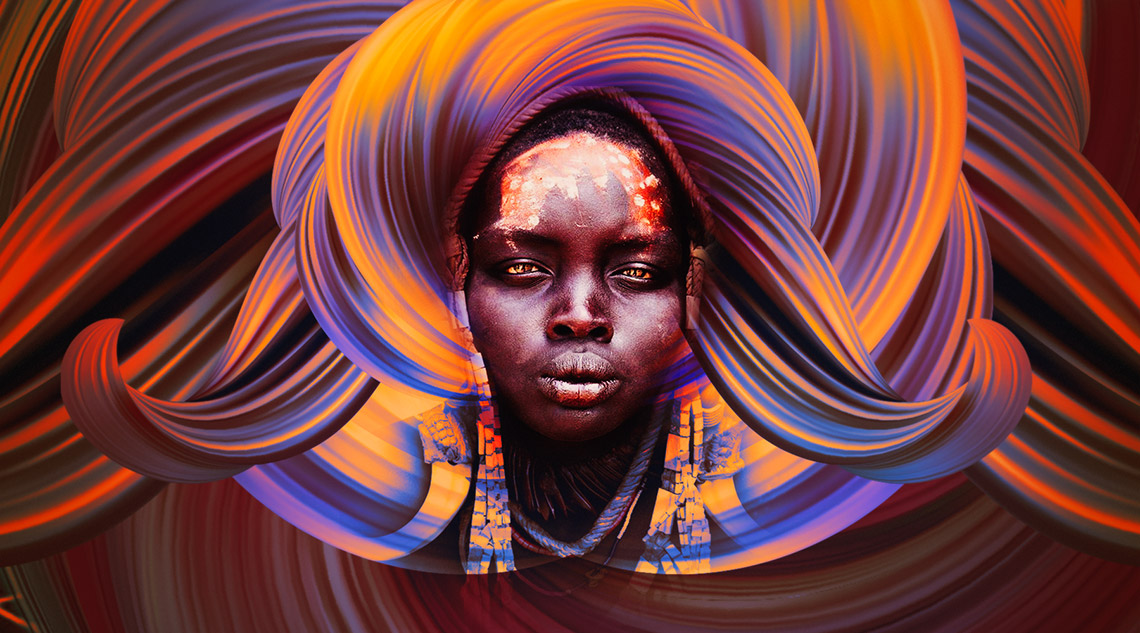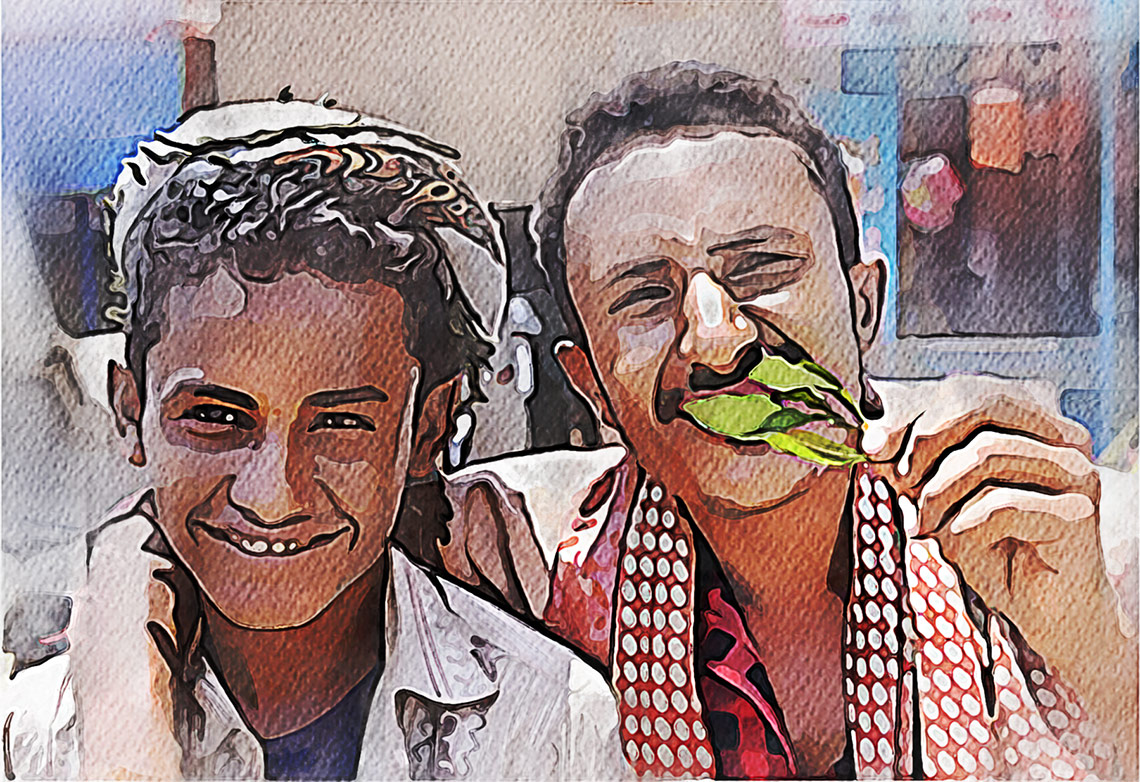The Miracle Cure for hard drugs addiction – Using Iboga to Overcome Heroin
Researchers from all over the world try hard to find solutions to the opioid crisis. Nowadays, a medicinal natural plant named Iboga has gained the attention of various studies, thanks to its variety of health benefits and possible use in opioid addiction treatment. However, there are also, many concerns about its safety and possible risks associated with its use. So, is Iboga truly a miracle cure for hard drug addiction?
What is Iboga?
Iboga is the name of a group of shrubs that all belong to the Apocynaceae family. Those plants can be mainly found in the tropical forests of Central and West Africa and they have been used by native populations as part of their healing rituals for centuries. There are 7 identified varieties of Iboga all over the world and while each variety has its own unique characteristics, Iboga can be identified by its distinctive orange fruits and five-petaled flowers.
How Does Iboga Work?
Iboga is the most concentrated source of a series of alkaloids, including Ibogaine. Ibogaine is a naturally occurring alkaloid that has been used by native populations in Africa in low doses as a weapon against thirst, hunger, and fatigue. In the western world, Iboga has been thoroughly studied as a potent agent against heroin and generally hard drug addiction. The mind-altering properties of Ibogaine give the plant similar features to other known psychedelic substances, including those found in the magic mushrooms.
Iboga seems to affect drug addiction and withdrawal in two primary ways. On one hand, it helps in regulating the levels of two important neurotransmitters in the human brain, named serotonin and dopamine. Those two compounds are highly associated with feelings of well-being and pleasure. On the other hand, Iboga can help in restoring areas of the brain that have been damaged due to longterm drug abuse.
Using Iboga to Overcome Heroin Addiction
Several rat studies have been made to assess the effects of Iboga and its contained alkaloids in the fight against heroin addiction. In most cases, the results showed that the administration of certain doses of the plant’s main psychedelic substance, named Ibogaine reduced self-administration of hard drugs, including cocaine, heroin, and methamphetamine. The drug was also, able to decrease withdrawal symptoms considerably. The ”Guardian” has included the story of an Iboga advocate who managed to overcome heroin addiction with the use of Iboga.

As he described, only 1 hour after he taking his first dose of the plant, all of his withdrawal symptoms suddenly disappeared. 24-hours later, he experienced a feeling of complete elation. Even after 10 months, the former heroin user didn’t experience a relapse.
Success Rates
Health providers who have used Iboga as a therapeutic option for patients suffering from methamphetamine addiction have claimed that the success rates range between 50-80%. However, relapse rates are usually extremely high if there is no therapeutic follow-up care. A 2012 study revealed that 80% of participants who had undertaken an Ibogaine treatment relapsed within the first six months. However, even those who relapsed managed to stick to taking fewer hard drugs compared to their previous habits.
A review that used data from patients living in Brazil revealed that a one-time Ibogaine treatment resulted in abstinence for at least 5 months, whereas multiple sessions of using this component in addicted patients resulted in abstinence for an average period of 8 months.
Risks Associated With Iboga Use
Various studies have associated Iboga use with heart problems. Ibogaine is capable of interfering with the electrical signs of the heart and result in a lower heart rate. That in turn, can damage our heart and make us develop an irregular heartbeat. For this reason, people with known heart issues should better stay away from taking this substance. Other common side effects of Iboga are nausea, vomiting, tremors, and ataxia.
Generally, Iboga has not been associated with fatal health risks. However, a total of 19 deaths have been recorded between 1990 and 2008 in patients who received Iboga as a therapeutic agent. However, each of those cases had other risk factors, as well, including cardiovascular problems, seizures, and co-administration of other medication or even illicit drugs.
It is true that the history of Iboga dates back thousands of years. Native African populations have extensively used it in their everyday life and rituals thanks to its various therapeutic potentials. However, the lack of numerous studies and the associated risks of consuming Iboga limit its usage in the Western world. Further evaluation is needed to determine if the drug is truly a good and most importantly safe agent against hard drug addiction.



